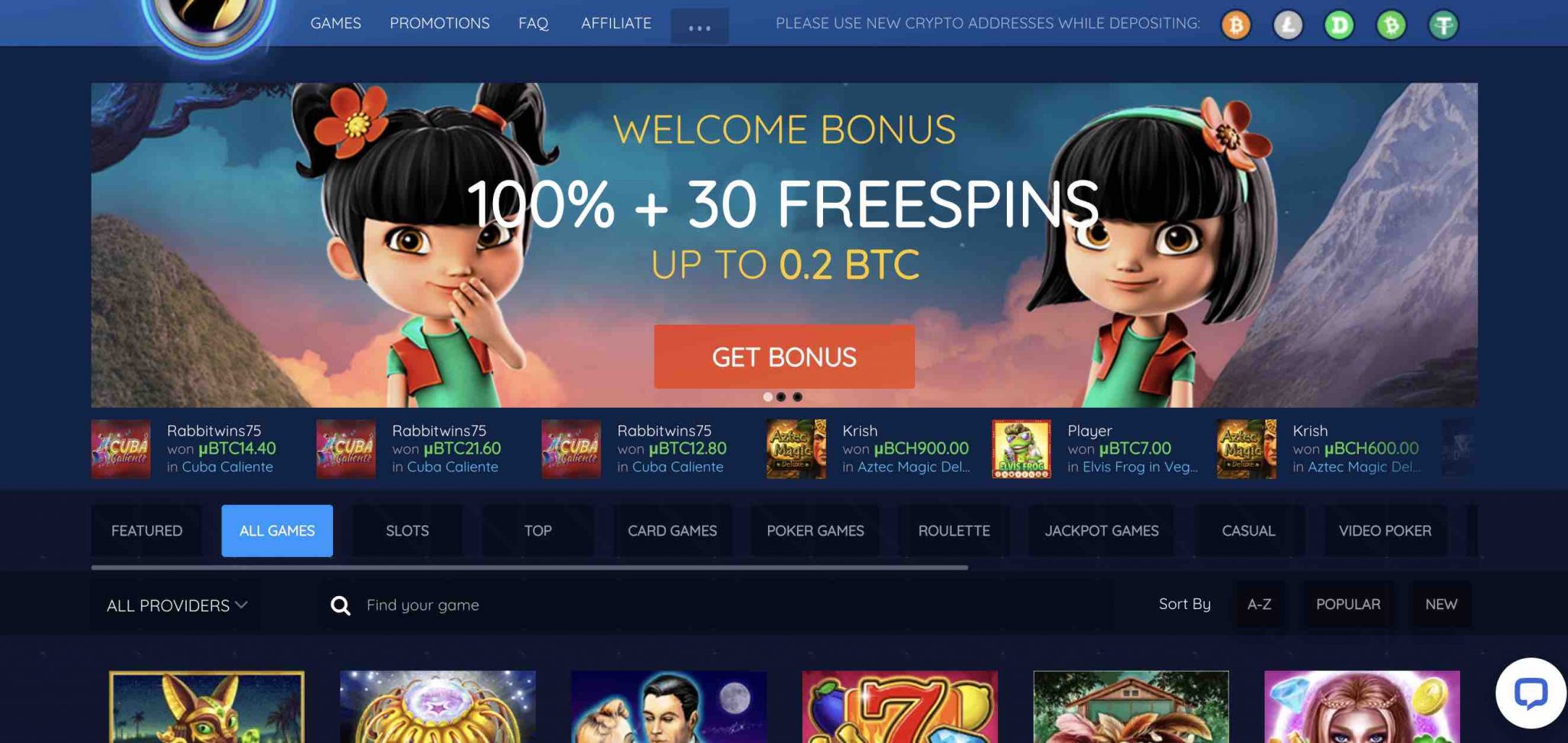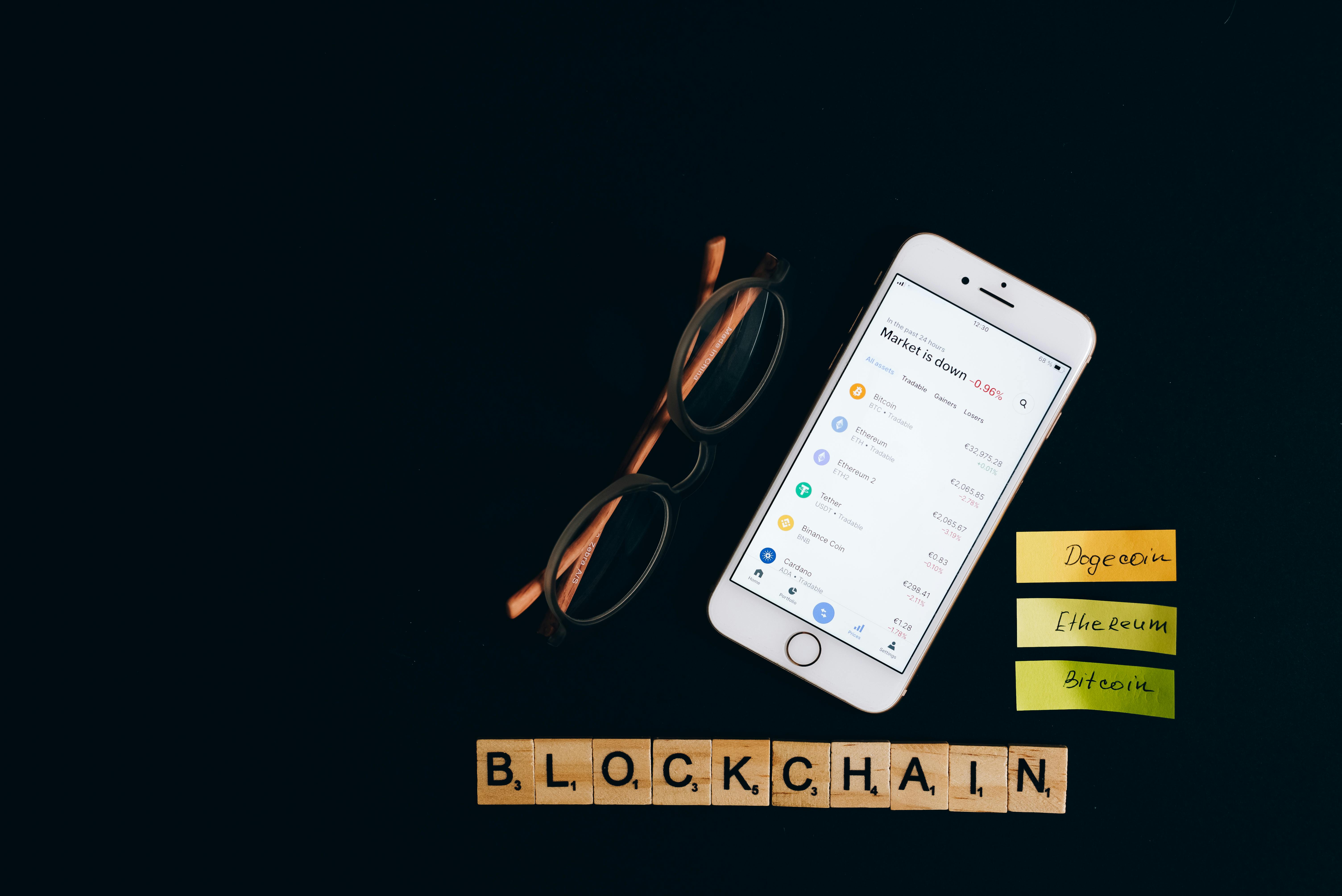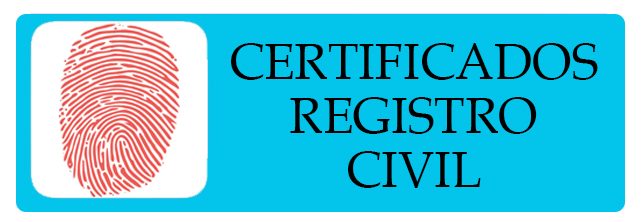Are all cryptocurrencies the same
Browse the entire Casino Guru casino database and see all casinos you can choose from. If you want to leave your options open, this is the right list of casinos for you free blackjack games to play. It might take you longer to find the best option though.
With its robust casino and sportsbook options, provably fair technology, and flexible payment support, ForzaBet stands out as an excellent choice for both casual and seasoned crypto gamblers. While its cryptocurrency variety could improve, the platform’s features and usability more than make up for it.
The following crypto and Bitcoin casinos earned their spot on the list based on their overall offering, which includes the range of support for various digital assets, number of available games, blockchain-focused initiatives (native tokens, NFTs, etc.), promotional perks, availability of sports betting, and various other criteria.

Do all cryptocurrencies use blockchain
The other issue with many blockchains is that each block can only hold so much data. The block size debate has been and continues to be one of the most pressing issues for the scalability of blockchains in the future.
Blockchain does not store any of its information in a central location. Instead, the blockchain is copied and spread across a network of computers. Whenever a new block is added to the blockchain, every computer on the network updates its blockchain to reflect the change.
This could become significantly more expensive in terms of both money and physical space needed, as the Bitcoin blockchain itself was over 600 gigabytes as of September 15th, 2024—and this blockchain records only bitcoin transactions. This is small compared to the amount of data stored in large data centers, but a growing number of blockchains will only add to the amount of storage already required for the digital world.

The other issue with many blockchains is that each block can only hold so much data. The block size debate has been and continues to be one of the most pressing issues for the scalability of blockchains in the future.
Blockchain does not store any of its information in a central location. Instead, the blockchain is copied and spread across a network of computers. Whenever a new block is added to the blockchain, every computer on the network updates its blockchain to reflect the change.
Are all cryptocurrencies mined
“The challenge that comes with mining as a business is that you have the upfront cost of mining equipment plus the constant costs of electricity (for running the equipment 24/7), but you are only rewarded cryptocurrencies if you successfully outcompete others in puzzle solving,” said Benjamin Cole, a cryptocurrency expert and professor at Fordham University’s Gabelli School of Business.
Founded in 1993, The Motley Fool is a financial services company dedicated to making the world smarter, happier, and richer. The Motley Fool reaches millions of people every month through our premium investing solutions, free guidance and market analysis on Fool.com, personal finance education, top-rated podcasts, and non-profit The Motley Fool Foundation.
As new blockchain transactions are made, they are sent to a pool called a memory pool (or mempool). Validating nodes are responsible for verifying the validity of transactions. The job of a miner is to collect these pending transactions and organize them into blocks. Note that some miners also run validating nodes, but mining nodes and validating nodes are technically different.
